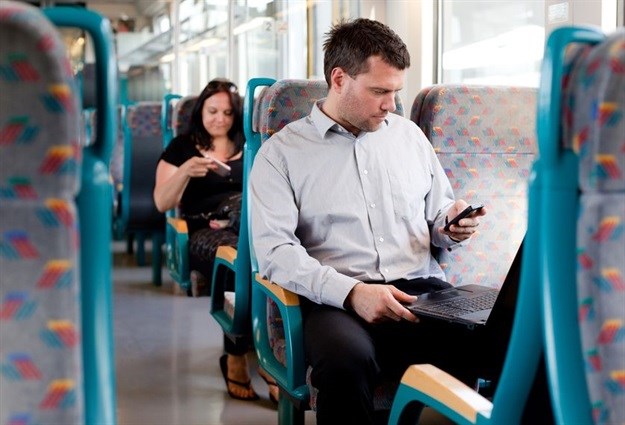
Top stories






AutomotiveHilux Custom Builds offers purpose-built solutions for your business
Toyota South Africa Motors 16 Feb 2026
More news


Marketing & Media
Ads are coming to AI. Does that really have to be such a bad thing?














Kupe was addressing a Transport Special Interest Group forum in Pretoria.
In September, Vodacom entered into a R1bn, 15-year strategic partnership with the Passenger Rail Agency of SA (Prasa) to monetise Prasa's existing telecommunication assets. This followed a decision by the Treasury to appoint Vodacom as the mobile operator across government.
Under that deal Vodacom will link Prasa's existing 900km fibre network which it is leasing, with its own network. This is expected to allow other government departments and entities access to the rail operator's information technology infrastructure. Autopax, which runs Translux and City to City, is fully owned by Prasa.
"Unless you are able to digitise, address the social aspects, you are not going to be able to attract more customers," Kupe said on Thursday.
Players in the industry needed to focus more on the shifting market dynamics, CEO of transport consultancy David Frost said.
Kupe said Prasa and Autopax are looking at social demands from passengers, not just the technological efficiencies.
New technologies and new services, such as the application-based taxi service Uber, are redefining integrated transport planning in terms of need.
These rapid changes are expected to continue, for example with driverless cars or buses, with most major vehicle manufacturers expected to roll out autonomous or semiautonomous vehicles between 2017 and 2025.
Transport systems are becoming more "data-centric", said Frost, requiring a huge focus on integrated technology systems that are scalable.
"As long as we continue to be device-centred or vehiclecentred, we are never going to deliver the service required to commuters," he said, adding: "We have to start thinking about the data, rather than just the systems."
Source: Business Day

For more than two decades, I-Net Bridge has been one of South Africa’s preferred electronic providers of innovative solutions, data of the highest calibre, reliable platforms and excellent supporting systems. Our products include workstations, web applications and data feeds packaged with in-depth news and powerful analytical tools empowering clients to make meaningful decisions.
We pride ourselves on our wide variety of in-house skills, encompassing multiple platforms and applications. These skills enable us to not only function as a first class facility, but also design, implement and support all our client needs at a level that confirms I-Net Bridge a leader in its field.
Go to: http://www.inet.co.za